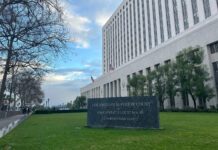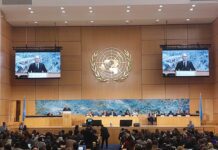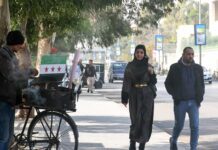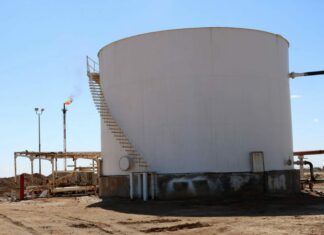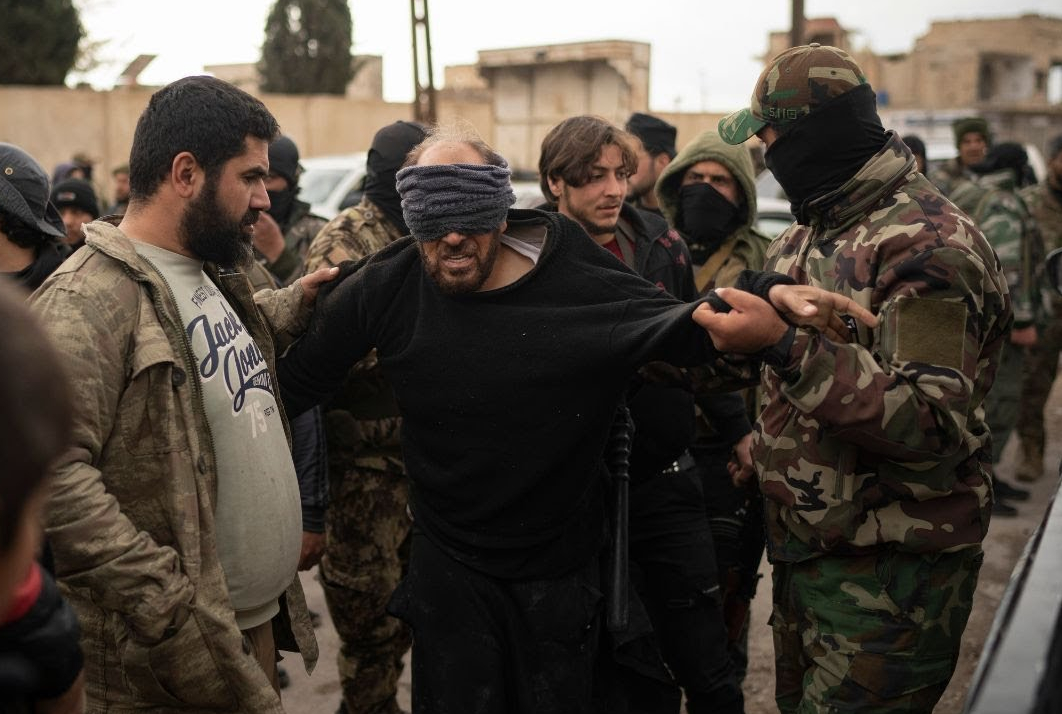
The Syrian Transitional Government (STG) has intensified efforts to achieve justice and ensure accountability for crimes committed during the decades-long rule of the Assad regime. In a sweeping campaign targeting individuals responsible for torture, extrajudicial killings, and other atrocities, the new administration is seeking to address the suffering of millions of Syrians while demonstrating its commitment to human rights and the rule of law.
Justice for Torture Victims
Syrian Foreign Minister Asaad al-Sheibani vowed last Friday to prosecute those involved in torturing thousands of Syrians in what he described as “Assad’s slaughterhouses.” Speaking after taking part in a funeral prayer in absentia for victims of torture, Al-Sheibani declared, “We will not hesitate to bring those involved in this to justice.”
His remarks came as families of victims continue to mourn loved ones who were tortured and killed in facilities like Sednaya prison. International reports estimate that thousands of detainees were secretly executed in the notorious prison between 2011 and 2015, a period marked by systematic abuses under the now-defunct regime.
Arrests of Key Regime Figures
The STG’s Command of Military Operations (CMO) and Ministry of Interior have launched a series of arrests targeting high-profile individuals associated with the former regime, like Salama Muhammad, who worked at the notorious Sednaya prison and attempted to masquerade as a detainee for CNN reporter Clarissa Ward, and Fakhri Darwish, head of the Liwa al-Quds office in Aleppo.
In Latakia, authorities detained two senior leaders of the Liwa al-Quds, a pro-Assad militia guilty of numerous crimes, especially against Palestinians. Bassam Tawfiq, nicknamed Abu Taha, and Bassam Muhammad Maqsoud face charges of crimes against the Syrian people, including murders, mutilations, and drug trafficking.
CMO forces also apprehended Muhammad Kanjo Hassan in Tartus, the former head of the Assad regime’s military judiciary. Hassan, who oversaw numerous executions in Sednaya prison, is accused of authorizing torture, forced disappearances, and extrajudicial killings.
His arrest followed deadly clashes between security forces and armed loyalists attempting to shield him. The Syrian National Coalition praised the STG for its efforts to prosecute key figures responsible for the regime’s crimes, saying, “Hassan’s capture is an important step on the path to justice.”
Justice & Accountability
Human rights organizations have urged the STG to uphold principles of justice and transparency in its pursuit of former regime officials. Fadel Abdul Ghani, director of the Syrian Network for Human Rights (SNHR), stressed the importance of prosecuting individuals involved in war crimes and crimes against humanity.
“The aim is to send a message to victims that the authorities are serious about holding these people accountable in fair trials,” Abdul Ghani said. He also warned against adopting the repressive practices of the previous regime, emphasizing that only the judiciary should decide punishments.
Alice Jill Edwards, the UN Special Rapporteur on torture, echoed these calls, urging the STG to accept the Rome statute of the International Criminal Court (ICC) to facilitate the prosecution of former dictator Bashar al-Assad and other top officials.
Efforts to Heal & Rebuild
In a gesture of reconciliation, the Ministry of Interior has invited defectors from the Assad regime between 2011 and 2021 to rejoin its ranks, signaling an effort to preserve the integrity of state institutions while addressing the past.
Meanwhile, thousands of Syrians continue to visit Sednaya prison, hoping to find traces of loved ones among those released after the fall of the regime on December 8. Assad’s fall marked the end of 61 years of Baath Party rule and 53 years of Assad family dominance.
Era of Accountability
Key STG leader, Ahmad al-Sharaa, has pledged to prioritize justice and accountability during the transitional phase. The administration aims to balance the need to hold the guilty to account with a commitment to human rights and fair governance. As arrests of former regime figures continue, the STG faces the dual challenge of addressing Syria’s painful past while laying the foundation for a more just and inclusive future.

